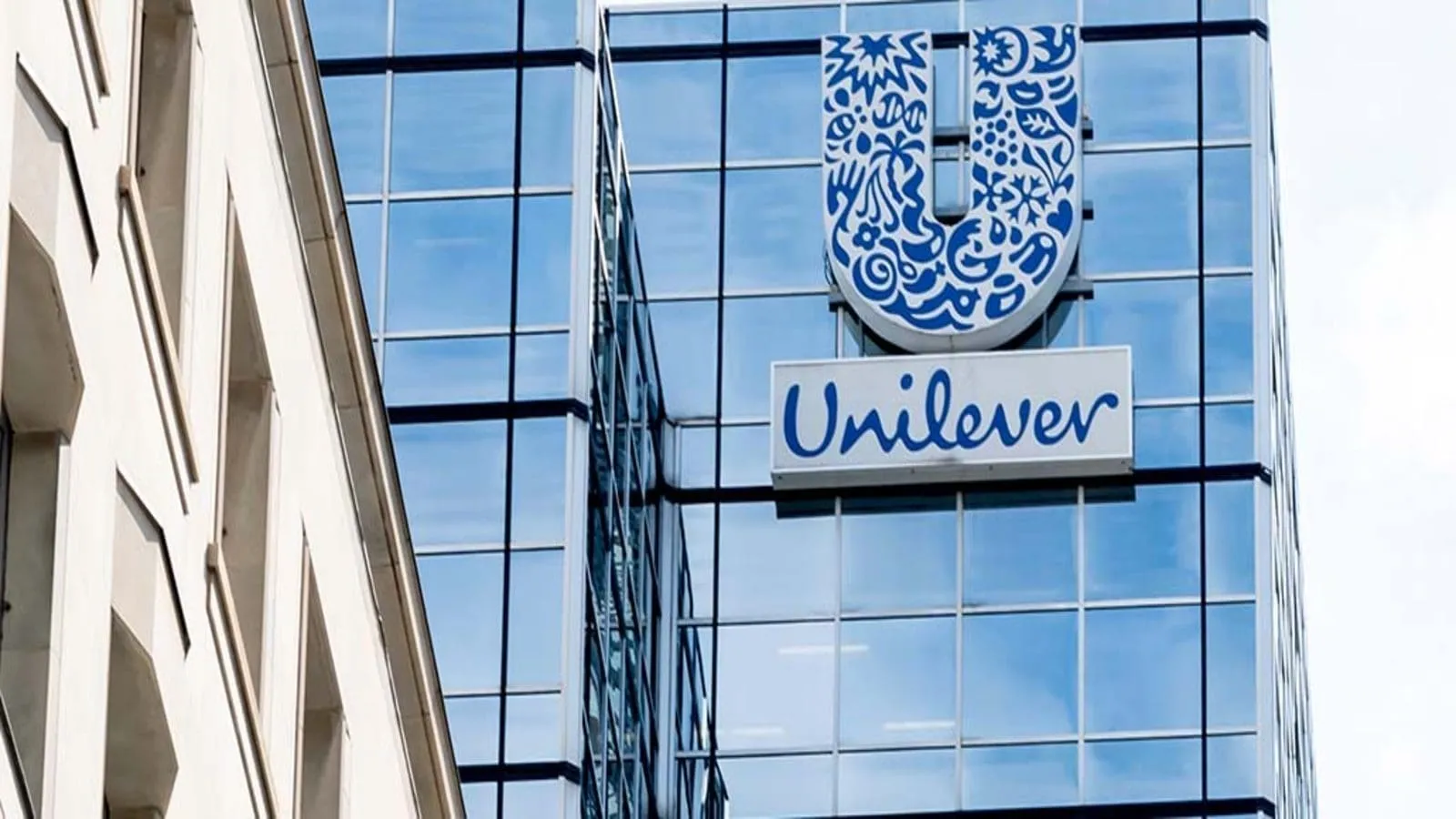
How can business and government support one another to accelerate climate action? That is the central question driving Unilever’s latest report, which outlines how companies can better align their strategies with national climate roadmaps—and how greater government ambition can unlock faster delivery of emissions reductions. The report emphasizes that while Unilever is firmly committed to meeting its 2030 climate targets, progress is inseparable from the policy and market conditions in which it operates.
Business and Government as Climate Partners
Unilever’s new analysis, prepared with corporate sustainability advisory firm ERM, demonstrates that business and government can unlock investment and accelerate emissions reduction by reinforcing each other’s climate plans. The review lays out practical mechanisms for linking corporate transition strategies with Nationally Determined Contributions (NDCs)—the national climate plans submitted to the United Nations—as well as case studies showing how Unilever is already applying this approach across its operations and value chains.
The report calls on other companies to join Unilever in pressing for more ambitious NDCs from governments over the coming months. These stronger commitments, backed by enabling policies, can not only accelerate progress toward net zero emissions but also foster economic growth, energy security, and long-term resilience.
The Road to COP30: Strengthening National Commitments
As the world looks toward COP30, set to take place in Belém, Brazil, in November 2025, governments are expected to present updated NDCs covering targets through 2035. The ambition and credibility of these commitments will shape whether global emissions can be cut fast enough to keep warming below 1.5°C, while also preparing societies for the impacts of climate change.
Unilever’s report stresses that ambitious NDCs—when matched with supportive policy frameworks—can deliver lasting benefits. These include creating new growth opportunities, boosting energy independence, and driving job creation. Importantly, they also de-risk the transition for businesses, ensuring stability, predictability, and a level playing field that allows companies to make bold investments in low-carbon technologies.
Corporate strategies, in turn, can strengthen NDC delivery by bringing innovation, scaling solutions, and helping industries evolve toward greener pathways. This reciprocal reinforcement—sometimes called the “ambition loop”—is most effective when both sides are aligned. The task now is to bridge gaps, improve accountability, and translate alignment into tangible acceleration.
Unilever’s Call to the Private Sector
Because systemic transformations will touch every sector and industry, Unilever is urging other companies to advocate for ambitious and investible NDCs. Stronger climate roadmaps can help close the current gap between available capital and the scale of financing required for a global transition. By joining forces, companies and governments can ensure climate action is both economically viable and environmentally impactful.
Hindustan Unilever: Driving Climate Ambition in India
Unilever’s Indian subsidiary, Hindustan Unilever Limited (HUL), offers several examples of how corporate action can directly support national climate goals. Four priority areas stand out in the company’s Climate Transition Action Plan (CTAP): chemicals, energy, small and medium enterprises (SMEs), and agriculture.
Decarbonising the Chemicals Industry
India has set a target to reach net zero emissions by 2070, and decarbonising its chemicals industry is a critical step. HUL is working to replace fossil-based feedstocks in Home Care products with renewable and recycled alternatives. As chair of a government-initiated working group during India’s G20 presidency in 2023, HUL has helped shape a roadmap for sustainable chemical production. The company also partnered with industry experts and academia to release a white paper detailing the technologies and policies needed to accelerate this transition.
Expanding Renewable Energy Through PPAs
Policy incentives in India have enabled record-low solar tariffs and encouraged large-scale private investment in renewable energy. Building on this supportive framework, HUL signed a landmark Power Purchase Agreement (PPA) to supply solar power to 32 sites across 15 states, covering both its own factories and those of ten partner manufacturers. The project is projected to cut costs by 25% over 20 years and prevent 28,000 tonnes of CO₂e emissions annually. The initiative would not have been feasible without strong government support, including the waiver of central transmission charges for early adopters.
Accelerating Net Zero for SMEs
SMEs play a vital role in India’s economy and climate journey. To accelerate their transition, HUL partnered with the Federation of Indian Chambers of Commerce & Industry (FICCI) to establish the Centre for Sustainability Leadership. The centre is designed to foster climate action across Indian industries, aligned with the government’s “Panchamrit” net zero commitments. It will focus on decarbonisation strategies, green entrepreneurship, and nature-based solutions, enabling SMEs to become active participants in the national climate transition.

Regenerative Agriculture Partnerships
Agriculture is another cornerstone of HUL’s climate action. The company works directly with smallholder farmers to encourage the adoption of regenerative practices. Training programs have helped farmers achieve higher yields and better incomes while improving soil health and protecting ecosystems. In 2024, HUL scaled up its initiatives to regenerate natural ecosystems near sourcing regions, conducting multiple workshops to promote climate-resilient agricultural practices.
Pushing for Policy Alignment
Beyond operational initiatives, Unilever is also working to ensure industry voices are aligned with ambitious climate policies. In its most recent Climate Policy Engagement Review, the company evaluated 26 of its trade associations to assess whether their positions on climate matched Unilever’s. The review found that 18 associations were aligned, an improvement over the previous year, though some groups still showed undue support for fossil fuels. Unilever is actively engaging with these organizations to encourage stronger pro-climate advocacy, aiming to ensure that the private sector speaks with a unified voice on policy priorities.
Looking Ahead: Climate Week NYC and COP30
At Climate Week NYC and the United Nations General Assembly, Unilever reiterated its call for governments to submit ambitious, credible NDCs that will empower business to accelerate the net zero transition. The company stressed that corporate ambition alone is not enough—policies must create the enabling environment for solutions to scale quickly.
“Unilever is determined to deliver on our climate targets, and our immediate priority is reducing emissions from our raw materials and ingredients,” said Hannah Hislop, Unilever’s Global Head of Sustainability, Climate. “But to bring solutions to scale, we need enabling policies that remove barriers and catalyse systems change.”
The report makes clear that the next few years represent a crucial window of opportunity. If businesses and governments can reinforce one another’s efforts, the path to a net zero economy will not only become achievable but also beneficial for economies, societies, and ecosystems alike.





